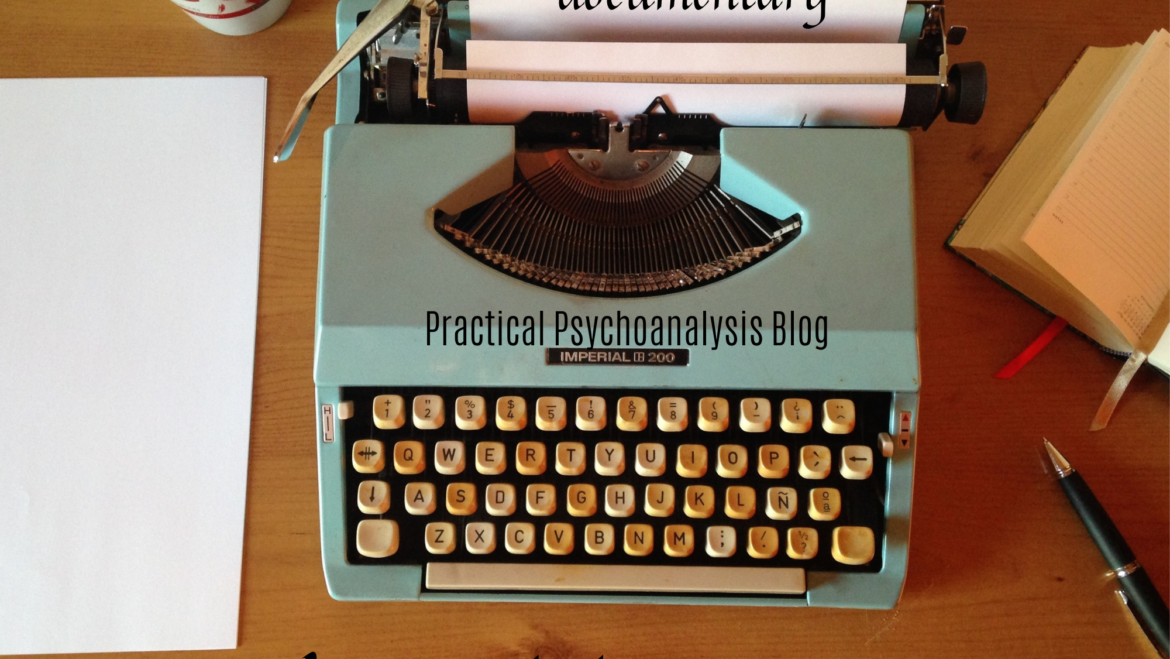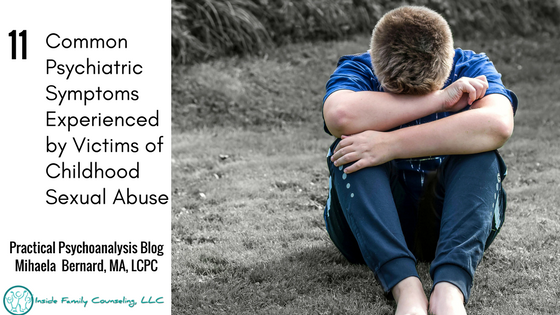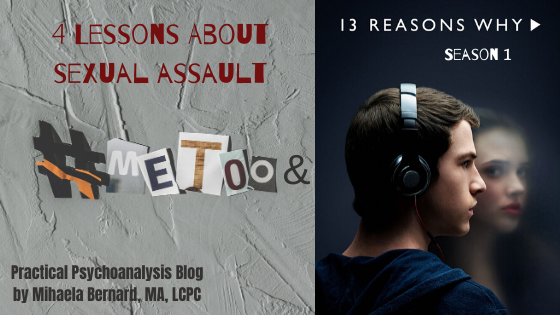Welcome back to the Practical Psychoanalysis Blog, where I apply complex psychoanalytic concepts and ideas to simple(?) everyday matters. The blog has a new home here at Inside Family Counseling, where it may or may not belong but this is the only home it has, for now.
I am continuing on my journey of coping with the pandemic through creative writing and signed up to take another writing class this spring. As an adjunct faculty, I get access to that kind of stuff for free so why not take advantage of it, you know. It is privileged, I realize that, and yet…
How does this relate to psychoanalysis, you might ask? Well, it is psychoanalysis that has given me the access to this part of me that loves to write and it is through psychoanalytic work that I help others access that creative part of themselves they may have forgotten about or are still discovering. In other words, I am indulging the 7-8-year-old me, who used to write fiction on a good old typewriter and pretended to be a librarian. There is something from within that words cannot capture but still pushes to find a way to express itself with yes(!), words. So, I keep writing.
Anyhow, here goes it. The class assignment for this week was to watch the documentary “Bad Writing” and discuss five lessons we learned from it.
I really enjoyed the interviews with Jillian Weise and George Saunders and I did what apparently writers do – I went and researched them both. I read a few of Jillian’s poems, looked into a video reading she recently posted and was quite curious to learn why she calls herself a “cyborg.” I learned that she has a prosthetic leg and was born with a rare condition which she chose not to name. So instead of considering herself disabled, she adopted the identity of a “cyborg” and writes poems from the position OF and FOR the disabled population. I found a few of her poems grim and sad, yet ironic and inspiring. I appreciate what she wrote about the body in “The Amputee’s Guide to Sex” and this relates to the first lesson that what of our experiences cannot quite be captured in words, can be given the form of a poem. It is a way for what in psychoanalysis we call the subject to find a way to exist beyond and in spite of the ego (that pretend-to-be-someone-you-are-not part of you).
Lesson #2, which relates to lesson #1. It is in what is not said, that we find the beauty of the words.
Someone in the film actually said that one of the purposes of poetry is to find an expression for those things and experiences that there are no words for. That resonates from a psychoanalytic point of view, quite a lot, and seems to separate good writing from bad writing, the art from the hobby. For example, in Hemingway’s Hills Like White Elephants a man is trying to convince a woman to get an abortion and Hemingway manages to convey this message without ever using the word:
“It’s really an awfully simple operation, Jig,” the man said. “It’s not really an operation at all.”
The girl looked at the ground the table legs rested on.
” I know you wouldn’t mind it, Jig. It’s really not anything. It’s just to let the air in.”
The girl did not say anything.
“I’ll go with you and I’ll stay with you all the time. They just let the air in and then it’s all perfectly natural.”
“Then what will we do afterward?”
“We’ll be fine afterward. Just like we were before.”
“What makes you think so?”
“That’s the only thing that bothers us. It’s the only thing that’s made us unhappy.”
Again, it is in what is not said, that we find the beauty of the words.
The third lesson that stayed with me is about honesty and truth – “tell me what you really see.” This one came from George Saunders. I actually read a short story of his, The Semplica-Girl Diaries, and checked out his recent children’s story, Fox 8 from the library. I enjoy how he plays with language and presents a very honest picture of what life must look like from his character’s point of view. He is also very funny in a sad, ironic kind of way that really resonates with me. After reading The Semplica-Girl Diaries, I actually caught myself adopting some of his humorous, short sentence structure into my own writing (mostly text messaging). There is something authentic and genuine about the writer, the object of his voice, that works on the reader and affects them, leaves a mark. We try to get access to this unique voice of the subject in analytic work.
This leads me to the next message from the film about the effect of the times on writer’s poetry and on writing in general. The question of how poetry is formatted to be read on a phone or how Twitter and Facebook status updates or blog posts replace or could stand for the poetry of the 21st century. How can we preserve books without perversing them? This is a question, not so much a lesson, for the 21st century not just for writers but for the new generation as a whole. What is the effect of new, emerging and developing technologies on the structuring of the human subject? How do we communicate with words what of experience cannot be communicated in times of great technological development where experience precedes language?
Anyway, lesson #5: “Anything can be made better through revision.” This is true for human experience as well – people tend to repeat the same patterns in an attempt to get different results, often unsuccessfully. Instead of repeating, we need to revise the original narrative, edit the story and possibly change paths. We can’t do that, however, without first stepping back and looking at ourselves “objectively.” It is impossible to do this on your own, however. And that’s where psychoanalysis comes in. The analyst can be in that position of an editor, asking questions about the narrative, emphasizing some words or changing the punctuation to create a new meaning. After all, if “the unconscious is structured like a language” (Lacan) and you want to rewrite your story, you probably need an editor.
Thanks for reading.








